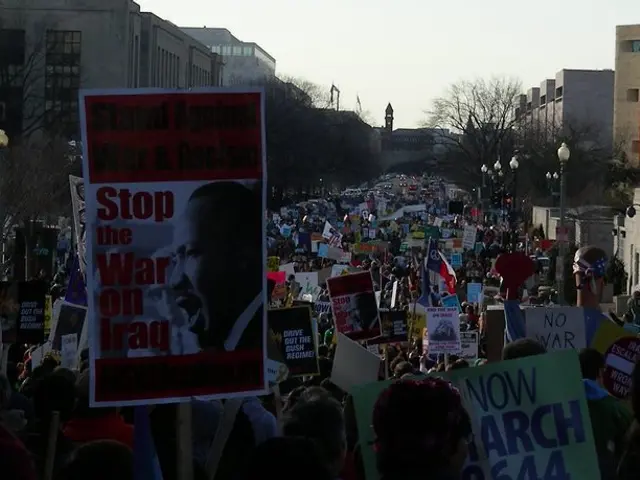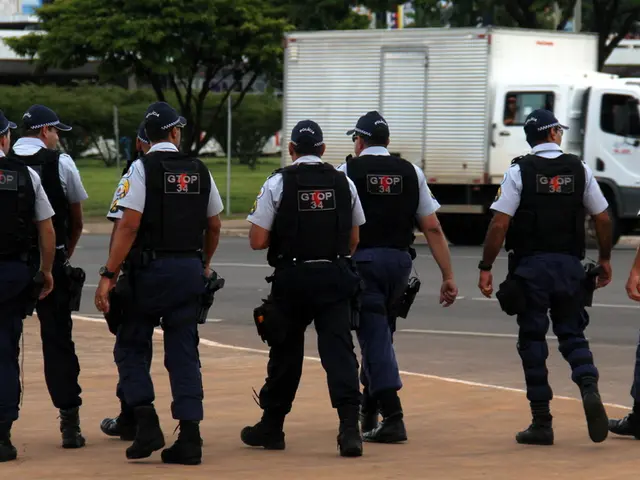Social media ablaze with controversy over a deepfake pornographic video featuring actor Jacob Elordi from Saltburn
In the digital age, the misuse of deepfake technology has become a pressing concern, with celebrities like Jacob Elordi, Jenna Ortega, Sabrina Carpenter, and Bobby Althoff falling victim to malicious deepfake videos. As deepfake incidents continue to rise, elements like collective vigilance, critical thinking, and community support will be vital in safeguarding truth and maintaining the integrity of digital spaces.
The potential benefits of deepfake technology are often overshadowed by its misuse. Governments and tech companies are increasingly recognising the need to address this issue to protect individuals from malicious content. In the United States, the "Take It Down" Act, signed by Donald Trump in May 2025, bans computer-generated nonconsensual sexual images and mandates removal by platforms within 48 hours of notification; violations can bring penalties including prison terms up to 3 years if victims are minors. Individual states have also passed laws with varying penalties.
For instance, Michigan enacted bipartisan bills making creation and distribution of intimate deepfakes without consent a misdemeanor on first offense, escalating to a felony with subsequent offenses. Louisiana imposes a maximum prison sentence of 30 years for deepfake pornography crimes, while Wisconsin treats AI-generated child pornography severely, classifying it as a Class D felony with up to 25 years imprisonment and fines up to $100,000.
In Europe, regulation is more general. The Digital Services Act (DSA) and AI Act require platforms to label AI-generated content and remove illegal content but do not explicitly criminalize deepfake pornography, leaving enforcement to individual countries. The Czech Parliament is considering legislation to criminalize deepfake pornography with punishments up to two years in prison, but consensus has been elusive.
Tech companies are also compelled to act quickly to remove non-consensual deepfake pornography once notified. Broader European laws impose labeling and content removal duties on AI providers and platforms, aiming to curb misuse. The swift action of fans in identifying the deepfake video involving Jacob Elordi demonstrates the power of collective vigilance.
Efforts to combat deepfake proliferation include developing more sophisticated detection tools and enacting stricter regulations. Raising public awareness about the existence and capabilities of deepfakes is crucial in mitigating their impact. The UK Ministry of Justice (MoJ) has announced that the creation of sexually explicit deep fake images will soon be considered a criminal offence under new legislation.
The growing number of celebrity victims highlights the challenge of protecting personal and professional reputations in the digital age. The misuse of deepfake technology can potentially reach other proportions, necessitating the reporting of such content as harassment. In summary, governments are addressing deepfake pornography misuse through a combination of criminalization, stringent penalties, and platform accountability mandates. These efforts differ by jurisdiction in scope and severity, reflecting varying legislative priorities and challenges in regulating this evolving technology.
Read also:
- MRI Scans in Epilepsy Diagnosis: Function and Revealed Findings
- Hematology specialist and anemia treatment: The role of a hematologist in managing anemia conditions
- A Week in Pixelized Realm: The Transformation of the World in Digital Form
- Enhancing the framework or setup for efficient operation and growth








